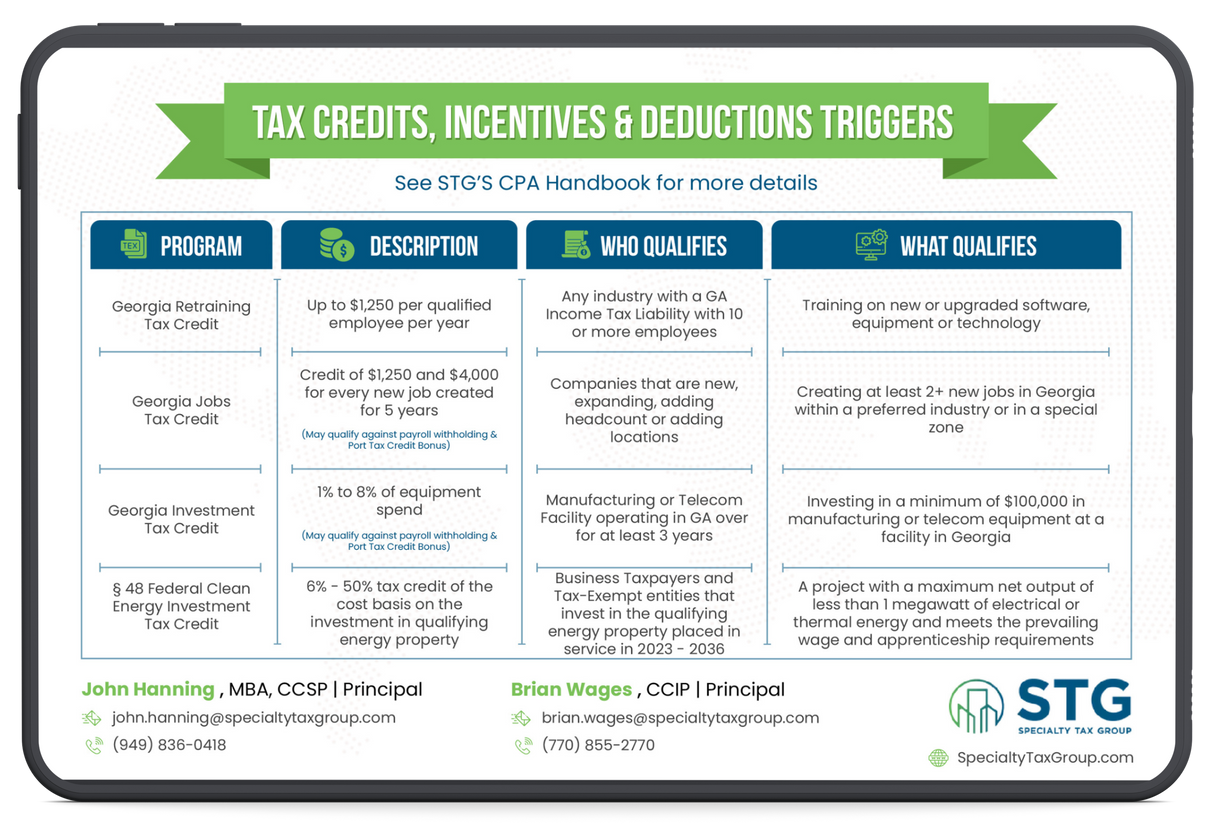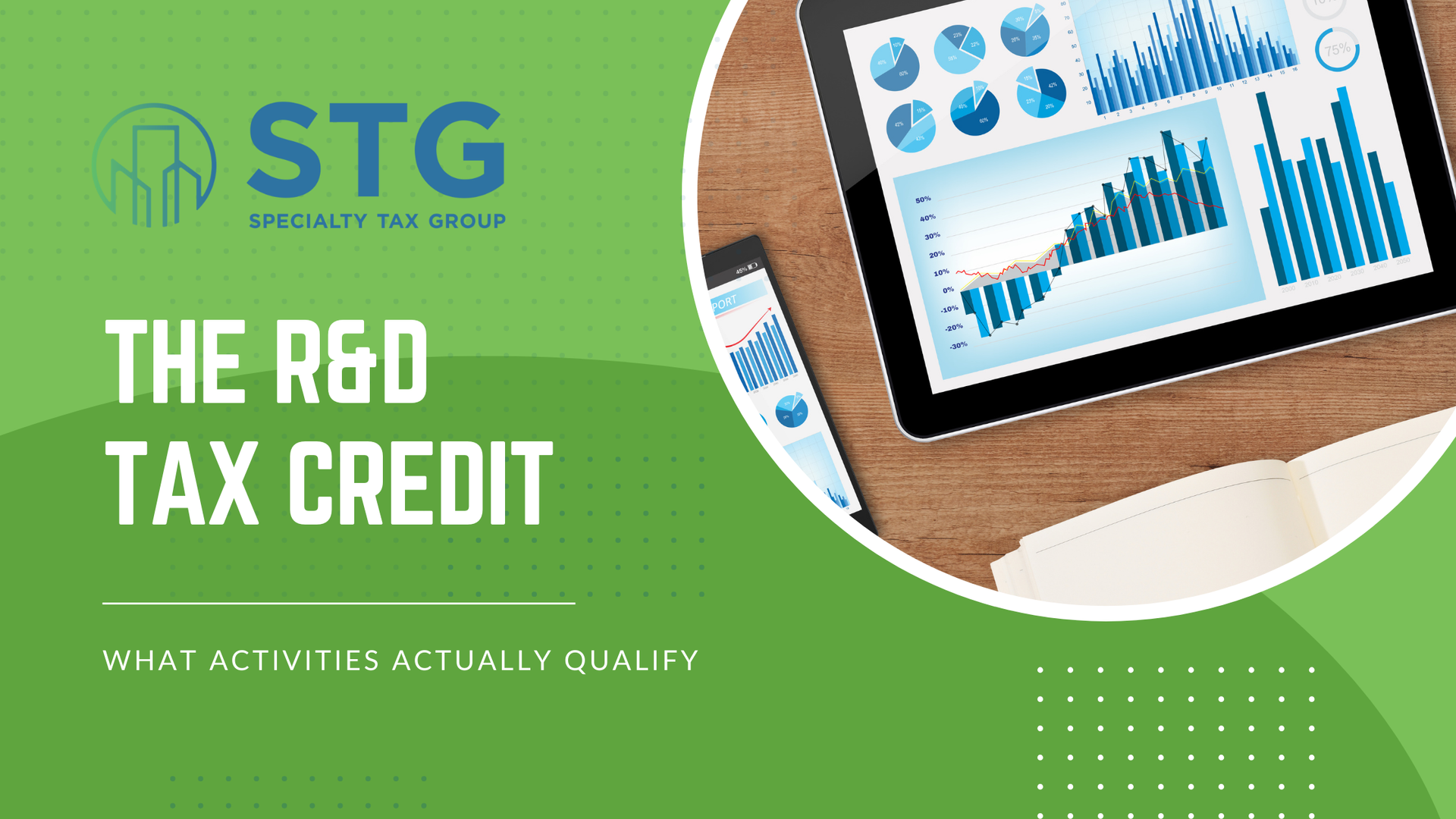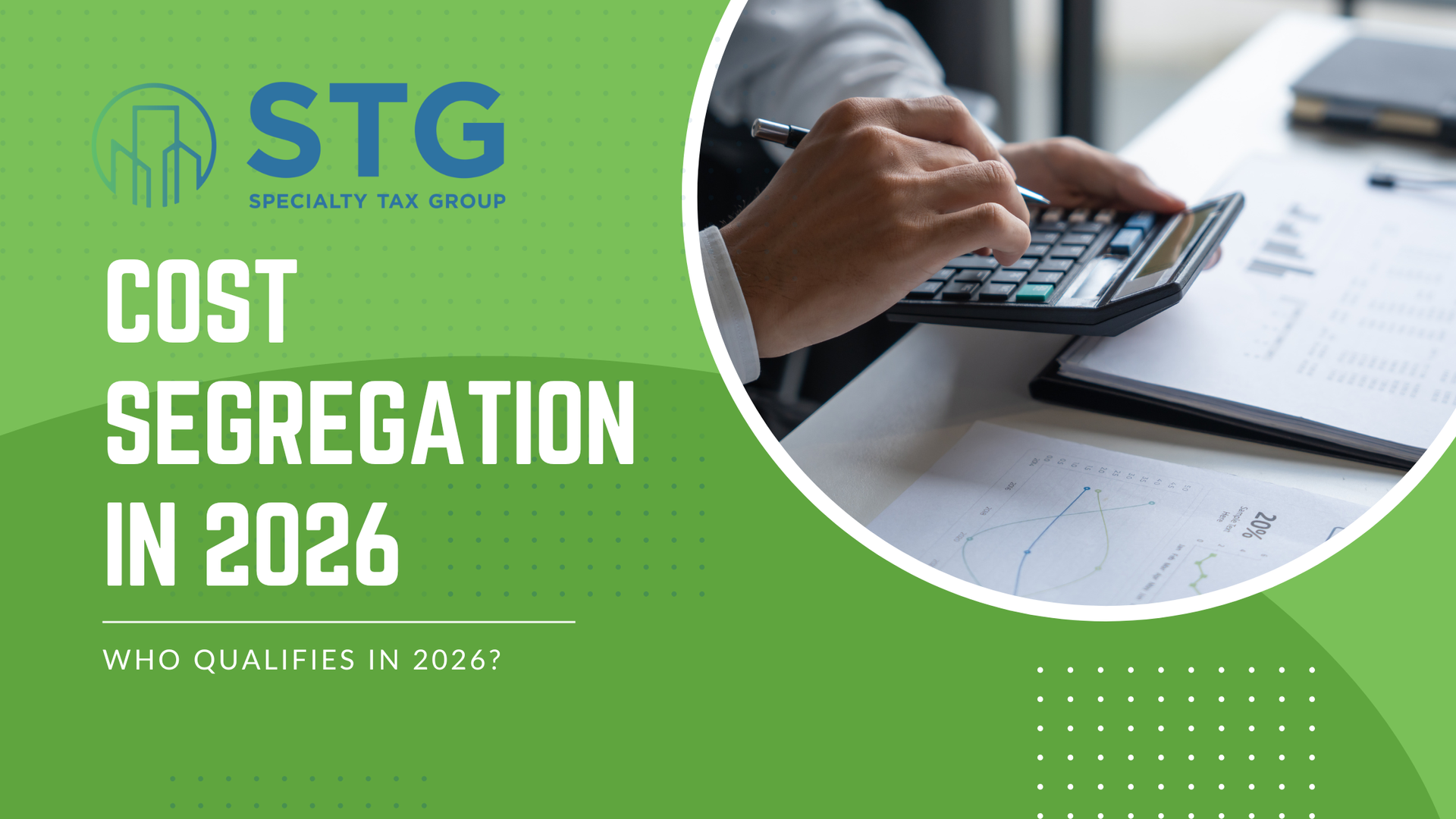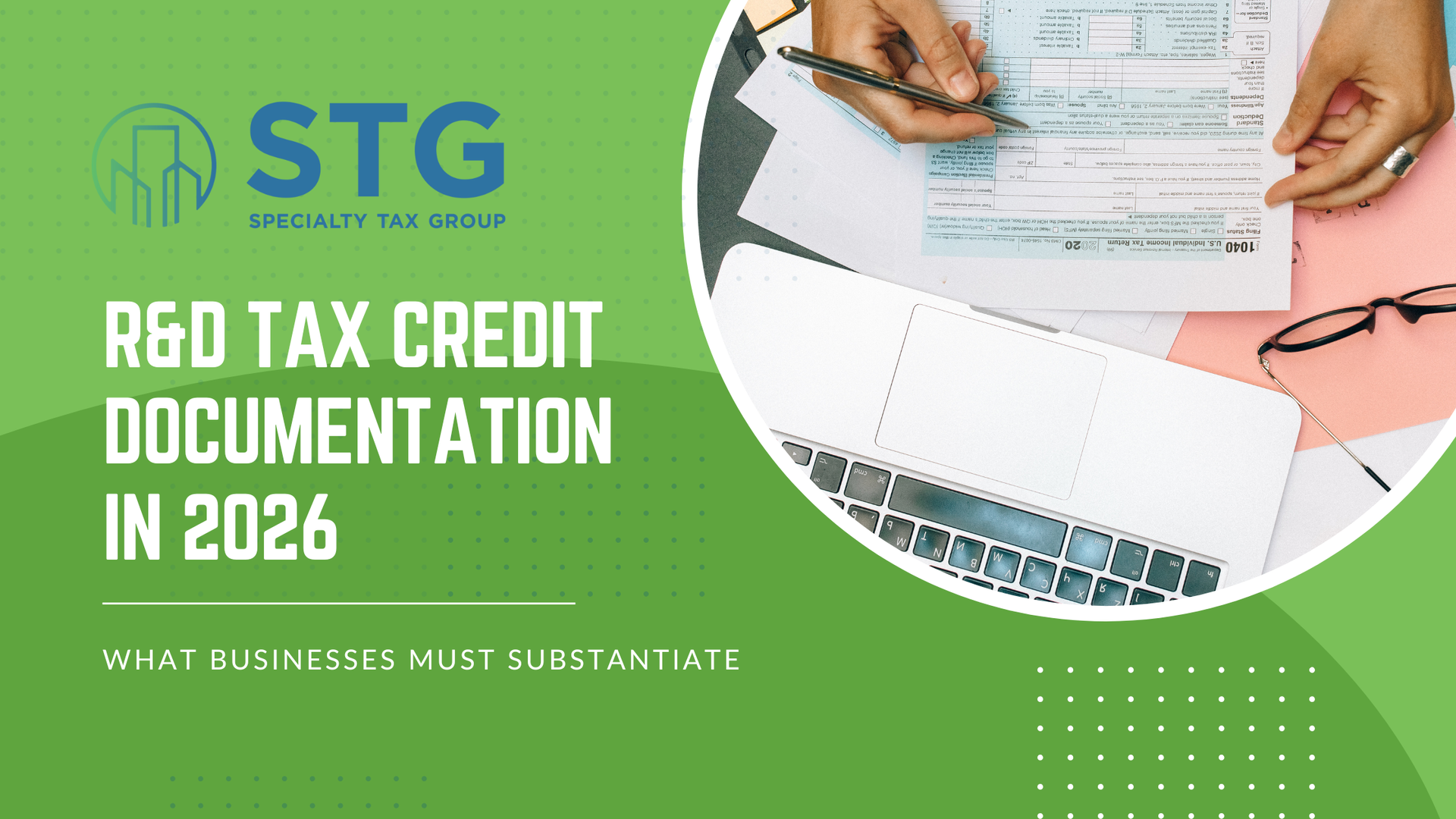This blog post has been researched, edited, and approved by John Hanning and Brian Wages. Join our newsletter below.
Before you start construction on your large commercial or residential building, you should think about how you can use this project as an opportunity to increase your cash flow.
One often-overlooked tax strategy called Construction Tax Planning helps you accelerate tax depreciation deductions during such a project. The result is an increase in cash flow, which will help you recoup your losses from construction and allow your business to continue to grow.

Before you start construction on your large commercial or residential building, you should think about how you can use this project as an opportunity to increase your cash flow.
One often-overlooked tax strategy called Construction Tax Planning helps you accelerate tax depreciation deductions during such a project. The result is an increase in cash flow, which will help you recoup your losses from construction and allow your business to continue to grow.
What Is Construction Tax Planning?
Construction tax planning is a strategy that takes place during the process of construction on a large commercial or residential building. A team of tax specialists go to the project site and identify tax benefits by recognizing qualifying assets, and then documenting their design and construction from the earliest stages of the project.
How Does Construction Tax Planning Increase Cash Flow?
Construction tax planning results in better capital vs. expense identification, correct federal tax depreciation treatment, and enhanced Unit of Property (UoP) classification. All of these benefits combine in accelerated depreciation periods, which allows the owner of the construction property to receive tax deductions sooner. Thus, they can increase their cash flow and reinvest it into their business.
An example of how reclassification of assets can lead to increased capital: on average is for every $10 million of 39 or 27.5-year property reclassified to 5 or 15-year property, the present value of the net cash flow (at 8 percent associated with the acceleration of depreciation) is approximately $2 million.
How Does The Construction Tax Planning Process Work?
A team of tax specialists, such as our experts at Specialty Tax Group, draw from their architectural, engineering, and construction management skills to provide deliverables that analyze each asset from a tax law perspective. Our team's extensive experience in construction tax planning and authority in "Real Property" designation can help you make the most of your construction tax planning. STG's reports will obtain documentation that helps business owners achieve an expanded range of benefits when compared to traditional cost segregation.
In order to ensure the best results possible, our team will examine your individual situation and meet with contractors, vendors, project managers, engineers, and architects to gain an in-depth understanding of the building design and how it will interact with your business within. Through this process, we will record a wide scope of documentation about your construction plans, including:
- Audit trail of actual project costs and their characterization
- Photographs of relevant assets during installation and after completion
- Design narratives and evidencing the character of the relevant assets
- Tax technical support & complete depreciation schedules ready for upload
For 2024, the Section 179 deduction limit is $1.18 million, and the phase-out threshold is $2.94 million. Additionally, bonus depreciation for 2024 is 80% of an asset's purchase price, with a scheduled decrease each year until it reaches 0% in 2027.
The updated Section 179 limits, phase-out thresholds, and bonus depreciation percentages allow businesses to maximize their deductions and cash flow during construction projects.
Where Can I Contact Specialty Tax Group To Get Started?
Ready to take the plunge with construction tax planning? Our tax experts at Specialty Tax Group are always on hand and eager to help you save money and increase cash flow for your business using tax deductions.
Contact us today to begin.





